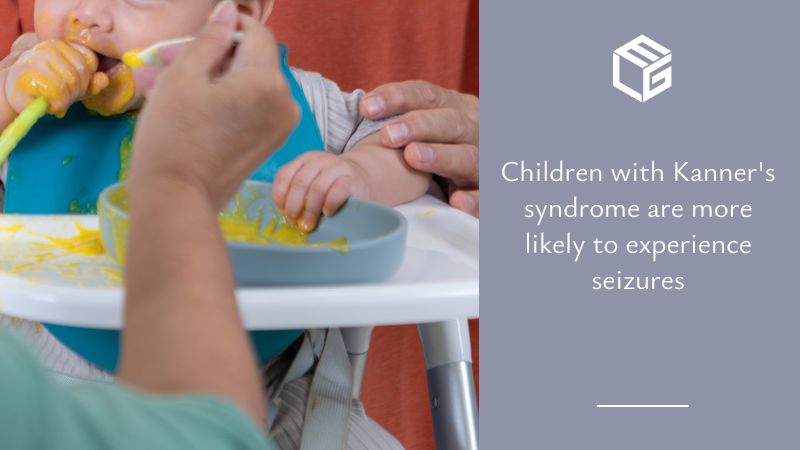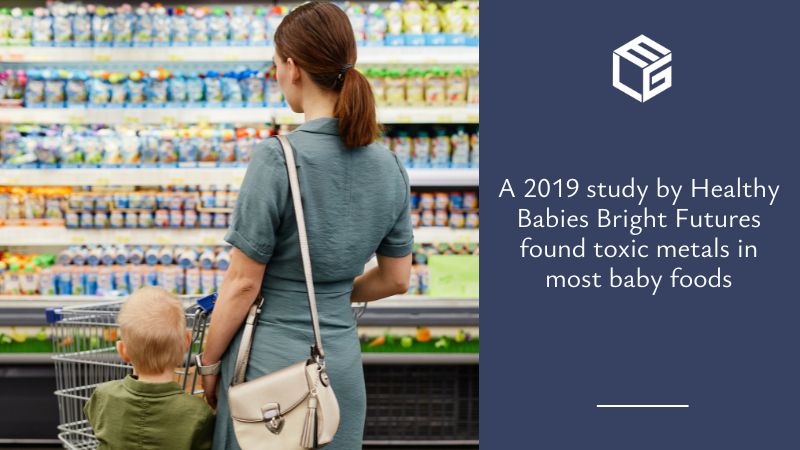A study from the Journal of Autism and Childhood Schizophrenia analyzed the case history data from 142 psychotic children, information that was obtained by using the Rimland Diagnostic Checklist.
The difference between Kanner children and other similar children was found only for 3 specific behaviors, namely:
- obsessive desire for sameness
- islets of special ability
- skillful manipulation of small objects
The term "Kanner's syndrome" is rarely used today, as it has been replaced by "autistic disorder" or "classic autism", which is the most serious disorder on this spectrum (source: Help Guide). A child with classic autism experiences noticeable issues with speech, behavior, and social interaction. In 2020, the Centers for Disease Control and Prevention reported that roughly 1 in 54 children has a disorder on the autism spectrum. Interestingly, males are 4 times more susceptible to receiving this diagnosis than females. Because there are so many subtypes of autism and a wide range of symptoms, every child experiences the disorder differently.
The connection between autism and exposure to heavy metals from baby food
A study from the Journal of Toxicology found the severity of autism in children to have a direct link to the concentration of heavy metals in their urinary excretion. In other words, the higher the level of heavy metals in the body of the child was, the more prone they were to developing autism and the more likely their autism was to be debilitating. Nevertheless, in spite of discovering a connection, additional studies need to be conducted to establish causality.
One of the primary sources of heavy metals when it comes to children is baby food, which is fed to infants and toddlers until they reach 36 months. Because of the industrialization that began during the 18th century, heavy metals have become significantly more prevalent in the environment. Sadly, numerous companies fail to make sure they are disposed of correctly and safely. Consequently, heavy metals end up in the water and soil that help the growth of rice, carrots, sweet potatoes, and other main ingredients in baby food.
The FDA limit for certain heavy metals has not even been established by the agency, whereas the permissible concentration for others is considered too high by other health organizations. Unfortunately, this facilitates companies that manufacture baby food to skip testing their products for the presence of heavy metals and get away without completing this crucial step. Heavy metals are neurotoxins, negatively affecting brain structure and function, which is the main characteristic of autism. Differences can be observed on brain scans in the shape and structure of the brain in children with autism as opposed to neurotypical children.

